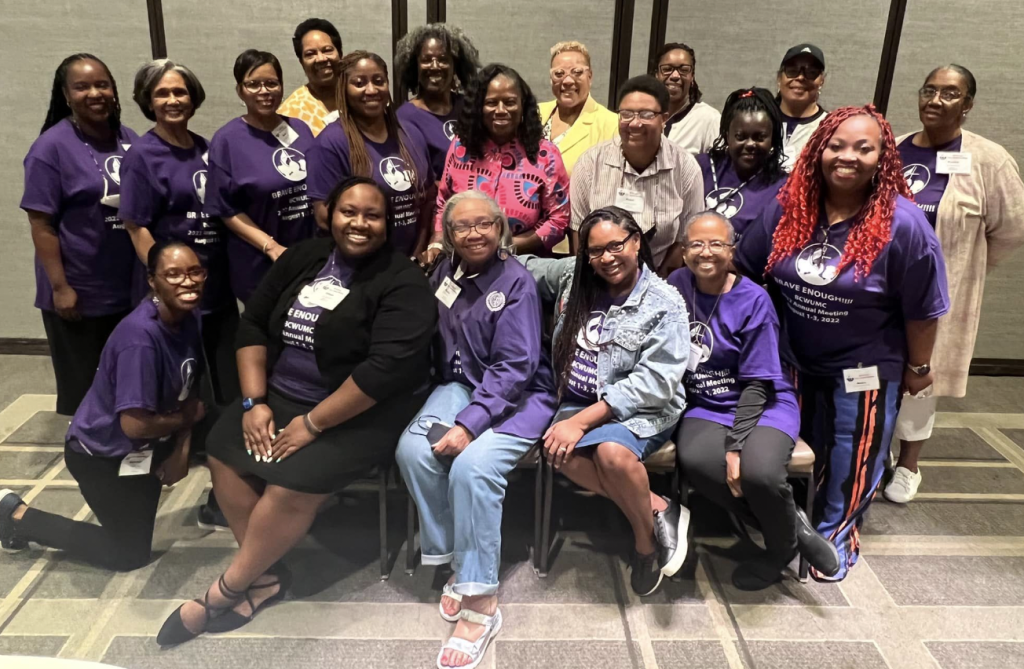
The 33rd Annual Conference for the Black Clergywomen of the United Methodist Church was held in Chicago earlier this month. Eight women represented Arkansas at the conference including Reverend Maxine Allen of St. Paul Maumelle who was elected to the position of National Historian while in attendance.
Funding for their journey was provided by the Strengthening the Black Church for the 21st Century initiative. The goal of the UMC program is to transform and sustain vital Black congregations and Black pastors, offering resources and learning models designed to empower their churches and enhance development. With the help of this initiative, each participant was equipped with the full registration fee and a $300 travel allowance.
The goal of the conference is always to develop and support opportunities for the inclusion and empowerment of Black clergywomen at all levels of the United Methodist Church. This year’s theme was called ‘Brave Enough’ with an effort to cherish the examples of Black joy and faith these women offer their congregations as well as recognize specific difficulties of ministering while Black.
“It’s all about Black women who are ‘Brave Enough’ to be in ministry,” said Rev. Allen.
“You look statistically at the murder rate in this country and Black women are murdered at a higher rate than any other group of women,” she continued.
‘Brave Enough’ functioned in part to honor the two Black UMC clergywomen, Rev. Marita Hill of Atlanta and Rev. Autura Easton-Williams of Memphis, who were murdered this year.
“As we strive to be the light of the world, we must be connected to Christ,” said Rev. Dr. Yvette Massey, President of the Black Clergy of the UMC.
Because of the funding provided to these clergywomen, Arkansas had the highest state representation at the conference aside from the Chicago locals. This achievement was only possible through the dedication of the United Methodist Church to its legacy of spiritual vitality and evangelistic growth and exciting new efforts to recognize the persistence, brilliance, and necessity of our Black churches.
